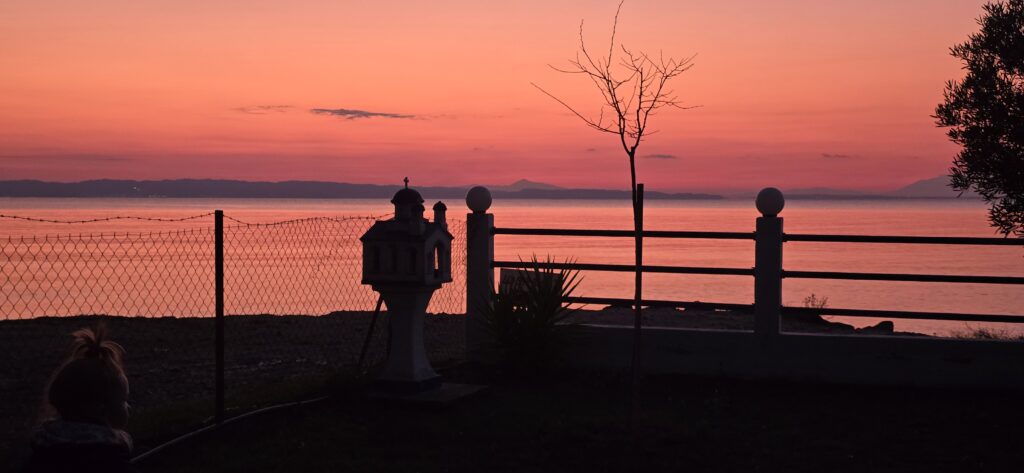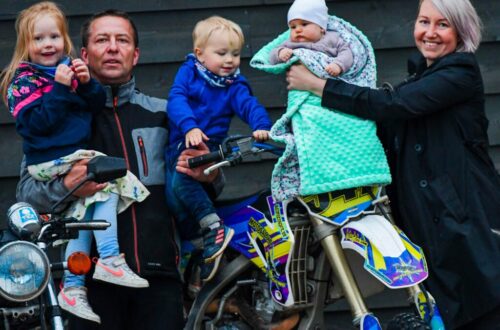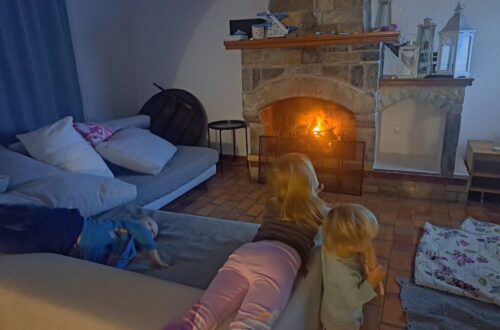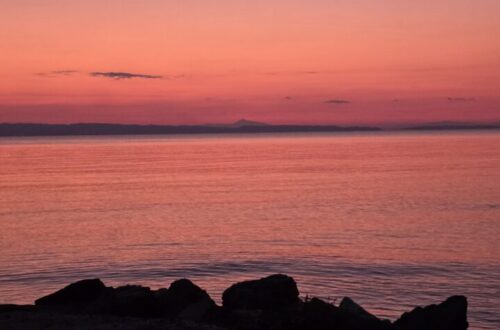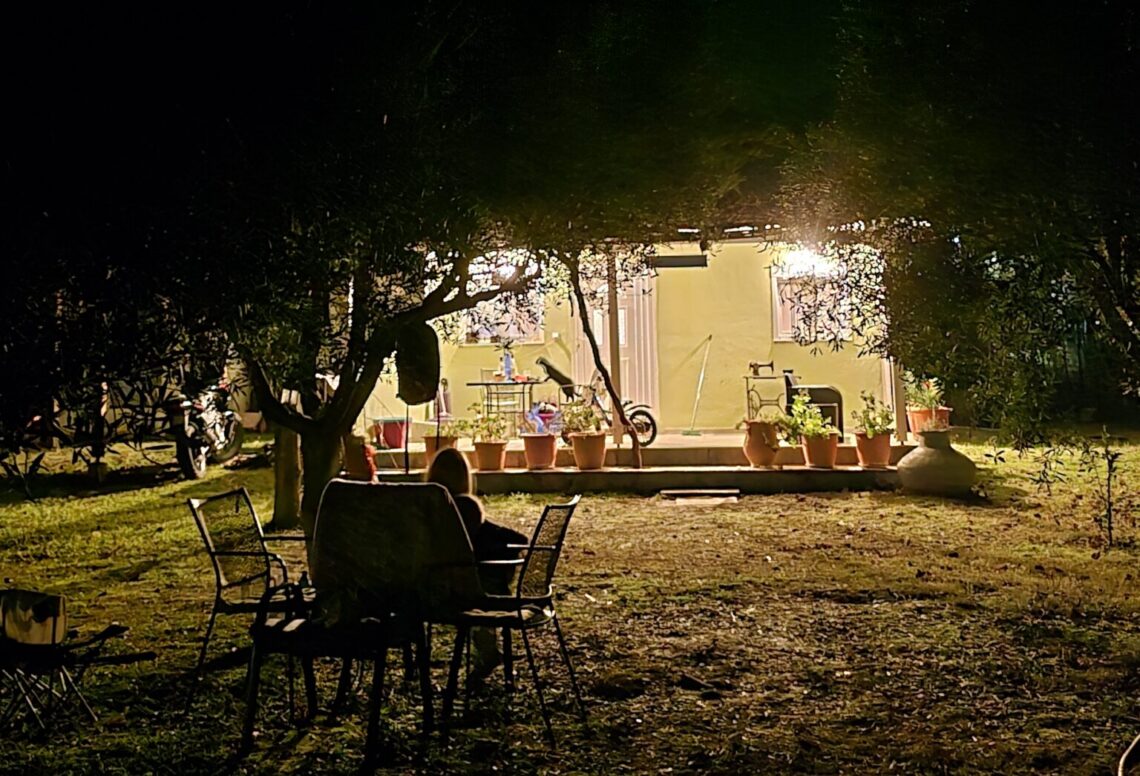
Winter Rentals in Greece – How to Find, What They Cost, and What to Consider?
Finding wintertime rentals in certain parts of Greece during the off-tourist season can be challenging. Most homes are closed for the winter, and their owners are away. How do you find a rental property, where to look, what are the normal prices, and what should you keep in mind? What is unusual in local homes for a Northern European, and what must you be prepared for?
When we arrived in Neos Marmaras, our destination in Greece, and opened Booking and Airbnb, we were greeted with the typical few accommodation options at insane prices. There seemed to be demand but very little supply, and the prices were sky-high. Having spent several nights in the bus already, we were desperate for a refresh.
We were shocked when we arrived at one of our previously considered accommodations—it was completely under construction! No doors, no windows—full renovation. Another familiar spot seemed abandoned, and we couldn’t reach anyone by phone. The lady in the third place wasn’t in town. We booked an apartment on Airbnb—the money was deducted, but moments later we found out it was overbooked. Shit! What now? We gradually came to terms with the idea of spending another night in the bus, delaying our long-awaited shower.
Our last hope was our good friend Vesna, who runs a shop in the city. We decided to surprise her, and she immediately started combing through websites and calling her contacts to help us find a place to stay. Luckily, the owners of the overbooked apartment were her acquaintances, and she called them to cancel the booking and get our money refunded. By 9 PM, Vesna had arranged an apartment with her neighbor, and after a long journey, we were finally able to shower and sleep in proper beds. Huge thanks to Vesna for her kindness!
Also, since our travels always start unpredictably and proceed chaotically, I don’t bother booking things in advance. Managing things on-site helps us make new acquaintances and tackle interesting situations, which are always informative and create new connections.

We paid 50 euros per night for the apartment, which is a fairly reasonable price for a family in this area. If anyone else plans to visit and needs accommodation, I can connect them with the owner. Of course, long-term rentals are cheaper.
Next, we had to find a house with a yard and parking space for the next six months. In Greece, not everything is done online—making personal connections and making new ones is crucial.
Last winter in Crete, we found that much of the housing information circulates in Facebook groups. For instance, in Crete, there are groups like Living in Crete, Crete Info 2025-2026, and local ones such as Agios Nikolaos Crete Info and Crete Homes 4 sale/rent. There are certainly more groups, but we posted our wishes there and received offers. We also inquired with our previous landlord, who made an offer, but due to a narrow spiral staircase (I was on crutches, and Indy had sore legs), we didn’t choose it. The price for a three-bedroom apartment with a fireplace was 650 euros plus electricity.
We also checked out a superb villa with a pool. It was 700 euros per month plus heating oil. The uphill drive was too steep to be safe with a bus. The location was poor, and the balcony railings were too low for a family with kids plus the yard was dangerous (a drop-off onto asphalt). Ultimately, we found an ideal single-level house in Crete through Airbnb. I wrote to the owner expressing interest in seeing the place. The listed monthly price was over 2,000 euros. Meeting face-to-face, we negotiated it down to 750 euros per month, including utilities (water/electricity), TV, and internet.
Now, in Neos Marmaras, I similarly looked up local Facebook groups: Halkidiki – The Diamond of Greece, Halkidiki Airbnb & Booking, Halkidiki, Chalkidiki, Khalkidhiki Greece, and Sithonia – Halkidiki – Greece – Forum. We found nothing enticing on Airbnb, so we posted our housing needs in these Facebook groups. Locals were skeptical, doubting we’d find anything, as the tourism industry has upended long-term rental options. Even teachers struggle to find housing for the winter, often moving around and switching schools and locations each year.
But offers started flowing in through the groups. In Neos Marmaras, there were primarily apartments, but with kids, we wanted a yard. Apartment prices started at 400 euros per month, half-houses were 600 euros plus electricity, and some asked for 800 euros (for a house with radiators and decent heating, though not the most modern). One landlord even wanted 2,000 euros per month for an apartment. The best offer was a lovely house in a remote, isolated location for 350 euros, including utilities.
None of the options were quite right, though. Eventually, we lamented to some acquaintances at a local artisan burger stand about our search. All the employees began brainstorming and looking into it. That’s how we ended up in this tiny house by the sea (local regulations dictate that a plot smaller than 4,000 square meters can only have houses of about 50 square meters or less) with a large yard. One of the workers, Stelios, arranged for us to live in his neighbor’s house. It’s a summer house, very simple and small, but at least the terrace compensates a bit. Rent is 400 euros monthly plus electricity, with water, internet, and TV included.
What should you consider when renting a house in a southern climate during winter? This house doesn’t have a fireplace. An air heat pump doesn’t work well for us—though freshly cleaned, it doesn’t blow warm air sufficiently and feels uncomfortable, making our noses run.
The first task was to buy space heaters. Out came the rugs we brought with us, which we spread out. There’s a lot of humidity here; the floors are cold. Wool socks or slippers are a good idea. Mold can form—spray it with vinegar, wait an hour, and clean the surface. The house needs to be aired out often—during the day, when it’s sunny, temperatures reach 15-16°C, though nights have dropped to +5°C a couple of times, causing lots of condensation. When choosing a house, ensure the door seals are good, or buy and install them yourself.
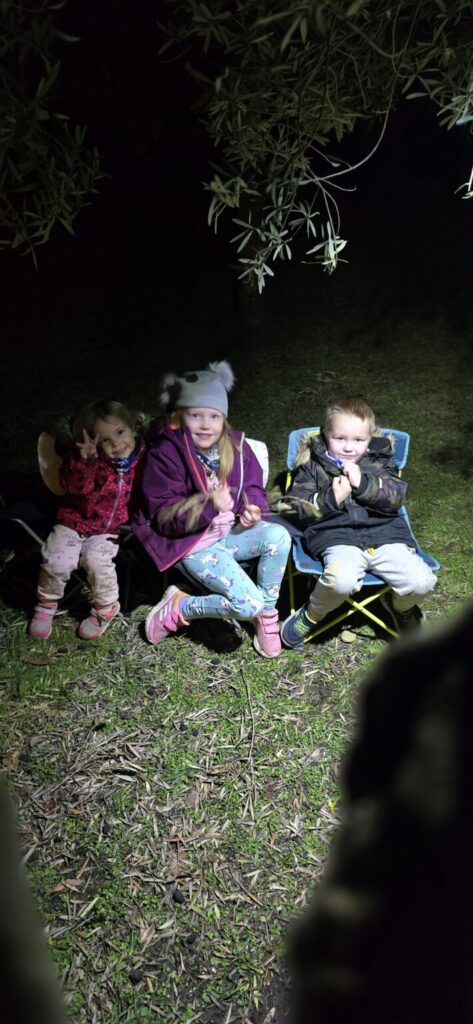
Overall, building connections on-site’s always more beneficial, as renting directly with cash and without intermediaries is significantly cheaper. This applies to some areas even during the tourist season. In Neos Marmaras, properties are booked early, but in places like Nea Moudania and Nea Kallikrateia, an hour’s drive away, there’s more supply than demand. Book a place for a night or two and then negotiate on-site for additional days with cash. We’ve done this many times.
We’ll stay in this house for a few months, but by April, the well-paying short-term tourists will start coming in. We’ll see what happens and how long we want to stay here. Living by the sea is fantastic—you can take a dip anytime—but it’s definitely more humid than higher up. Certain aspects of Greek homes are unfamiliar and uncomfortable for Northern Europeans—I could dedicate an entire post to the downsides of Greek households.
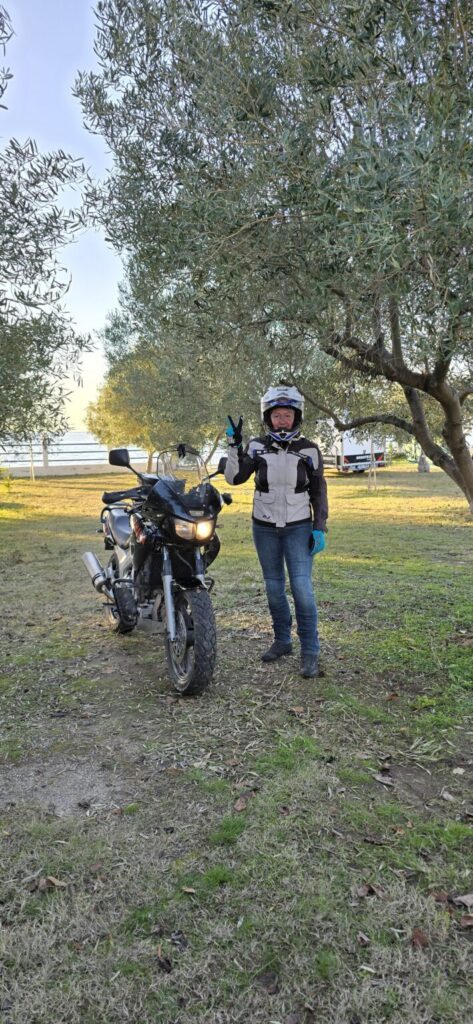
What else would you like to know about life in Greece? Leave your questions in the Facebook comments! If you plan to visit this area in the winter or spring, we can help with accommodation and share contacts.
When house hunting in southern countries, the story’s moral is to stay flexible and remember that perfection doesn’t exist. This is an entirely different culture, and we are guests here. You must abandon accustomed ways (not everything works online, and living conditions are different) and welcome the new!
